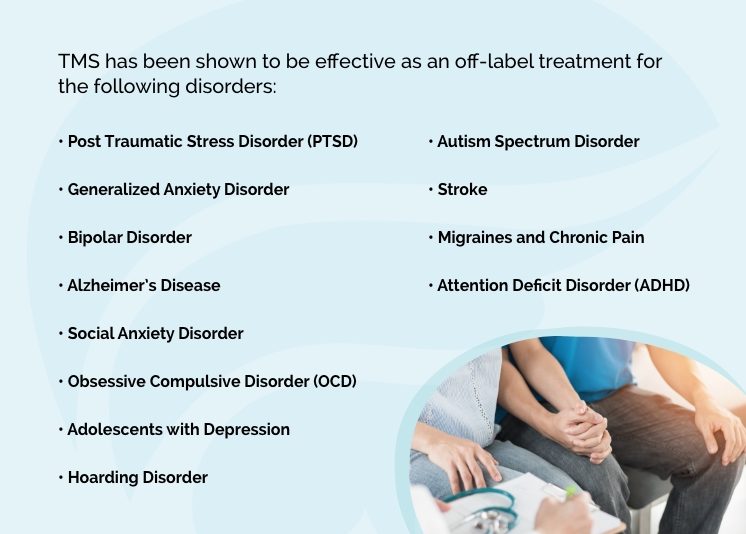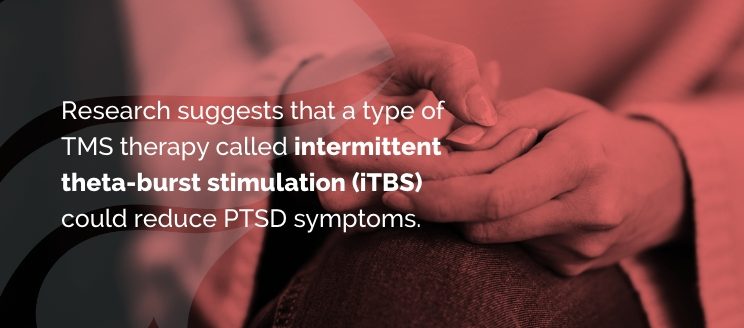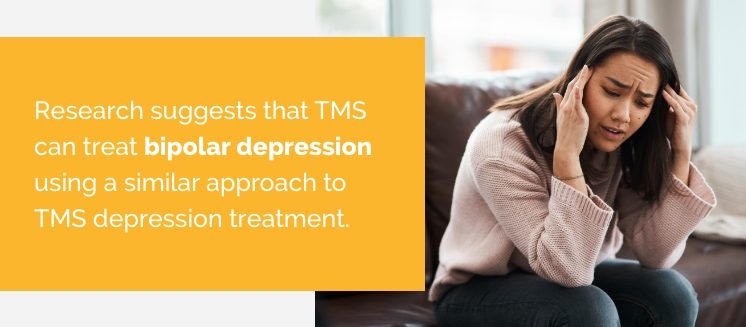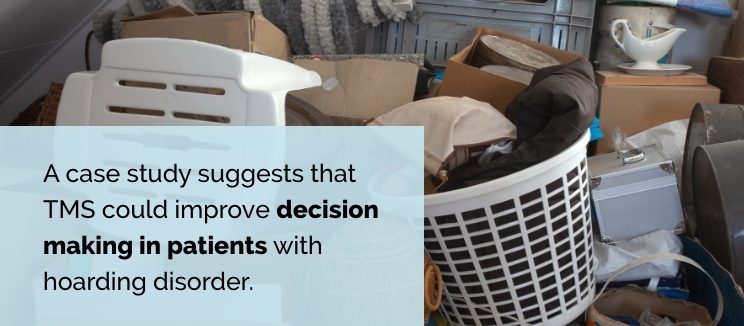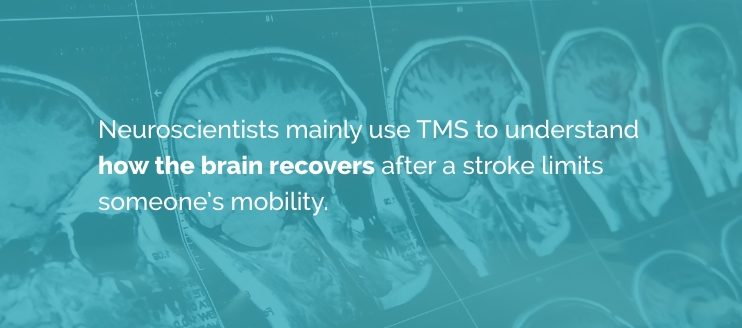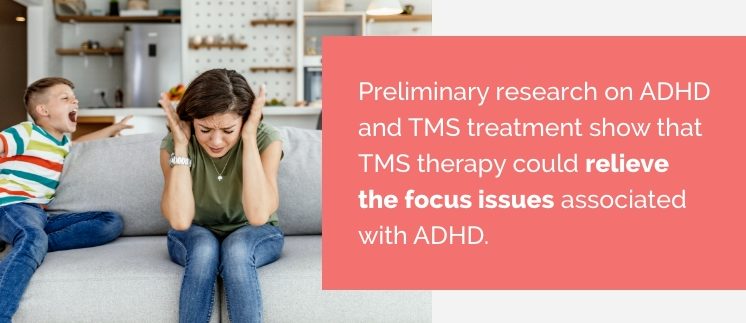Efficacy of TMS as a Treatment Option
The FDA first approved TMS therapy for OCD treatment in 2018. Before this, TMS also proved effective in treating other conditions, as shown by its 2008 approval for treating depression.
It’s a noninvasive method for stimulating the brain using magnetic fields directed through a wire coil. The wire coil is inside a device that is put on the patient’s head. During a TMS treatment, the coil delivers short electrical shocks to the brain, affecting how it functions. TMS can also treat conditions like migraines and epilepsy — the device targets different areas of the brain depending on the illness it’s aiming to correct.
But does TMS work for OCD? Like all psychiatric treatment options, the answer to this question varies from person to person. During FDA-approved studies, though, almost 40% of patients dealing with treatment-resistant OCD cited a reduction in their symptoms. So, if your current OCD treatment isn’t working as well as you want it to, why not try something new to ease your symptoms?
Book an Appointment

